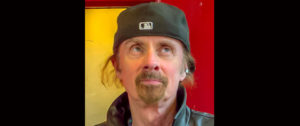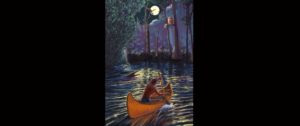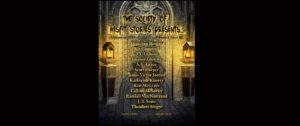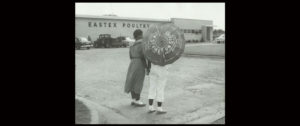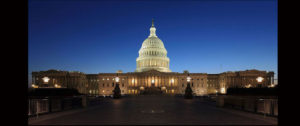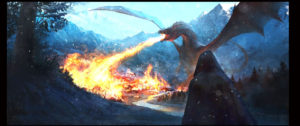I have finished reading and will very soon write and post my review of the very-recently-published T.C. Boyle novel, Outside Looking In.
Yesterday I read a review of Outside Looking In in The New York Times Book Review.
This is my letter to the editor responding to that review.
Dear Editor,
Mr. Chris Batchelder’s review of T.C. Boyle’s new novel, Outside Looking In misapprehends and misunderstands not only the book he reviews but also Dr. Boyle’s oeuvre. Maybe that’s why Mr. Batchelder spends the first five paragraphs of the review discussing an anecdote from his childhood for no cogent purpose other than to fulfill his contractual obligation to submit a review of a specified number of words. Many paragraphs of the review discuss T.C. Boyle’s oeuvre and in doing so show Mr. Batchelder’s limited understanding of it. Mr. Batchelder gets it partly right when he mentions that T.C. has “constructed novels in tight orbit around” Kinsey, Frank Lloyd Wright, Harvey Kellogg, relegating Outside Looking In to that series of books. Mr. Batchelder, unfortunately for his attempt here at literary criticism, shows no understanding of what these novels are about. These novels are set in the lives of megalomaniacs of the Twentieth Century. But they are not fictional histories or biographies or in the case of Wright, autobiography. Nor are they about the social impact of these men and their work.
T.C. Boyle’s novels mentioned by Mr. Batchelder ask, fictively of course, how could the lives of one or more of the characters in those tight orbits be affected by the personality and egocentricity of Kinsey, Kellogg, and their like? These novels of T.C. Boyle are modern literary fiction in its most exalted form: imagined stories of the lives of ordinary people affected by the these men or in some cases, the environment—A Friend of the Earth, The Terranauts—or of their times: The Tortilla Curtain. For example, would we be correct in categorizing War and Peace, Mrs. Dalloway, The Great Gatsby, or Beloved as a Mt. Rushmore of war novels? If we did, we’d reveal our lack of understanding of these novels in particular and of literary fiction as a form of art.


